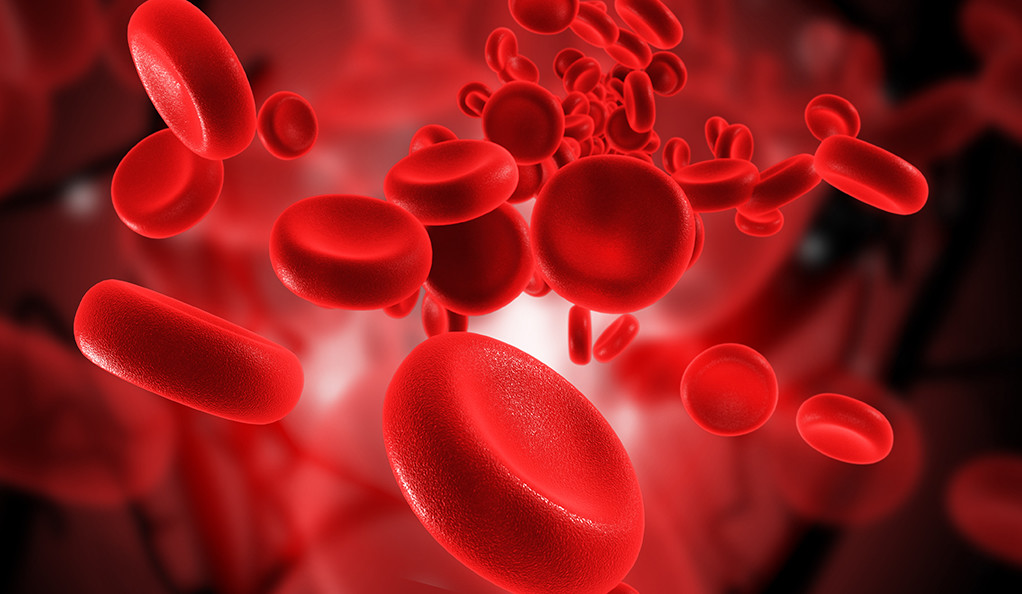Blood protein predicts poor COVID-19 outcomes
Low levels of the blood protein renalase predict poor outcomes in patients with COVID-19, Yale researchers report. They are planning to ask for expedited approval from the U.S. Food and Drug Administration to investigate whether the protein, which fights inflammation, might improve outcomes of patients with severe cases of the disease.
“We want to investigate whether giving patients renalase protein agonists can improve outcomes,’’ said senior author Gary Desir, the Paul B. Beeson Professor of Medicine, vice provost for faculty development and diversity, and chair of internal medicine at Yale School of Medicine.
Desir and colleagues measured levels of renalase in 51 COVID-19 patients at Yale New Haven Hospital and 15 uninfected subjects. They found that the 14 patients with the lowest levels of renalase experienced the most severe symptoms and were more likely to die than those with higher levels of the blood protein.
The study was posted on preprint server MedRxiv and has not been peer-reviewed.
Desir’s lab had previously explored using the anti-inflammatory properties of renalase to treat acute kidney injury and acute pancreatitis. Desir theorized that renalase might help reduce the damaging immune system response associated with late-stage, severe COVID-19 cases.
Yale has licensed a therapeutic version of renalase to Bessor Pharma. Desir has an equity interest in Bessor and its subsidiary Personal Therapeutics.
The study was primarily funded by the National Institutes of Health.

